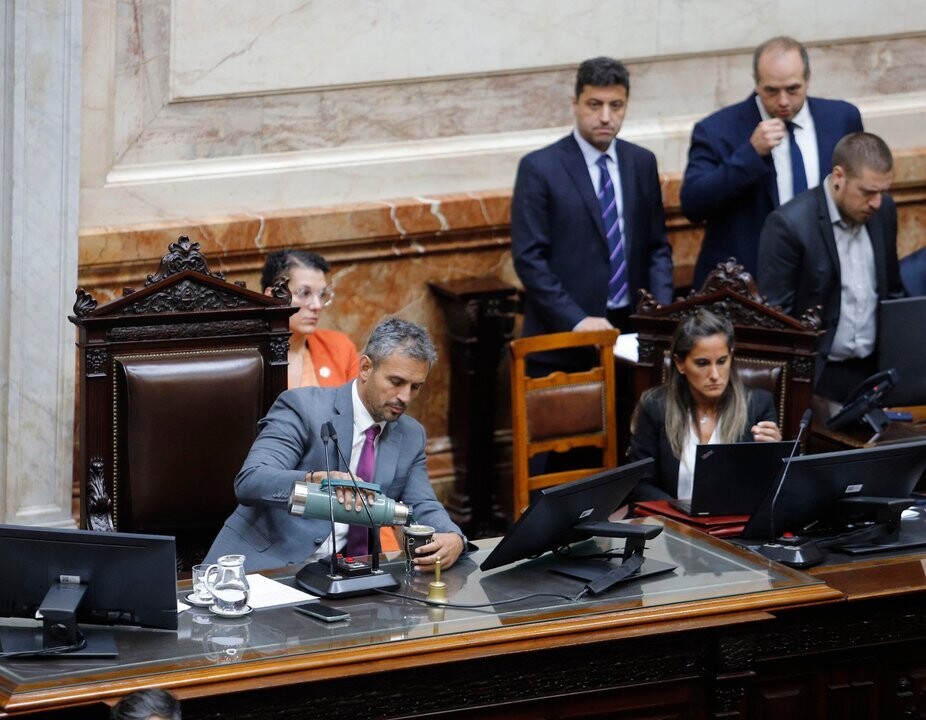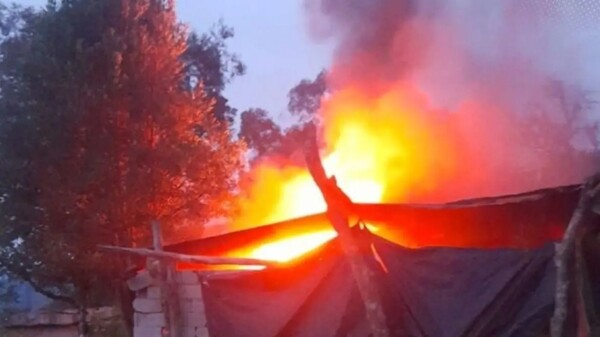
The National Government has managed to secure the necessary votes to allow voting tomorrow in a special session of the Chamber of Deputies on the Decree of Necessity and Urgency that would authorize signing a new agreement with the International Monetary Fund, aimed at strengthening the Central Bank's reserves.
This afternoon, the ruling party guaranteed the discussion of DNU 179/2025 in the session scheduled for tomorrow at 10 AM in the Chamber of Deputies. The favorable opinion was signed tonight in the Bicameral Commission of Parliamentary Treatment under the presidency of Oscar Zago, with two reports on the agreement with the IMF.
According to parliamentary sources, the majority opinion had eight signatures, while another minority opinion rejecting the agreement was proposed by Francisco Paoltroni. With these signatures, the treatment in the session chamber is enabled.
In this regard, the ruling party had paved the way to sanction the DNU and secure the agreement with the IMF, taking advantage of a law previously approved that allows validating a Decree of Necessity and Urgency with the support of only one chamber.
To ensure the approval of the DNU, the ruling party had the backing of several political forces, adding between 130 and 134 legislators. Among them were the PRO, the UCR, Federal Innovation, a sector of Federal Encounter, and deputies from provincial parties.
In addition to the ruling party's own votes, support was counted from various blocs and provincial parties, such as the MID, the Civic Coalition, Democracy Forever, Independence, Innovation, and other provincial blocs.
The DNU in question authorizes the signing of public credit operations aimed at strengthening reserves, with a repayment term of 10 years and a grace period of four years and six months, among other aspects related to the settlement of previous debts and the promotion of the country's economic and financial stability.














